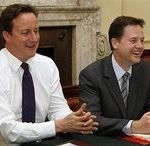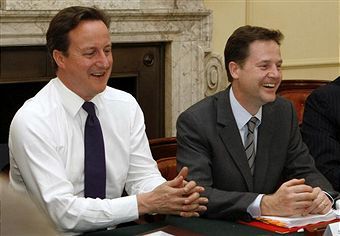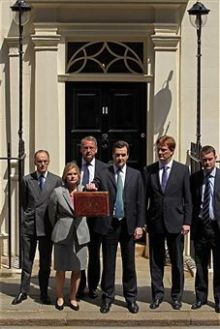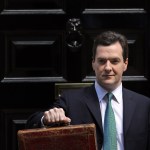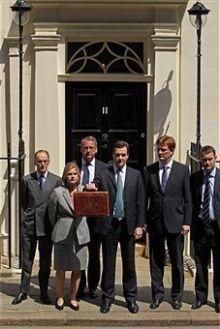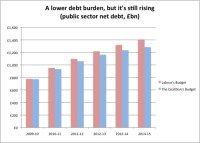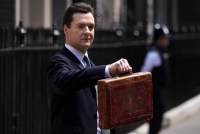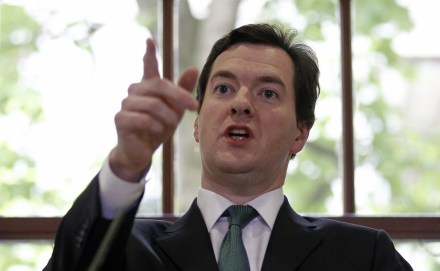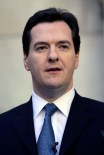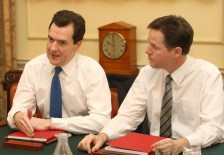The trimmers mobilise
The Independent on Sunday reports that a cabal of four disgruntled/horrified Lib Dem MPs have held secret talks with Labour to amend contentious elements of the Budget, such as the VAT hike. Four rebels will not be enough to defeat the government, but it is the first indication that Simon Hughes’ call to arms will be answered by the social democrat wing of the party, damaging the coalition’s long-term prospects. Of course, it is healthy that government backbenchers scrutinise and improve government legislation for whatever cause – the odd amendment to public borrowing clauses would have been welcome over the last decade. Scrutiny does not imply revolution, stressed Andrew George, the four



